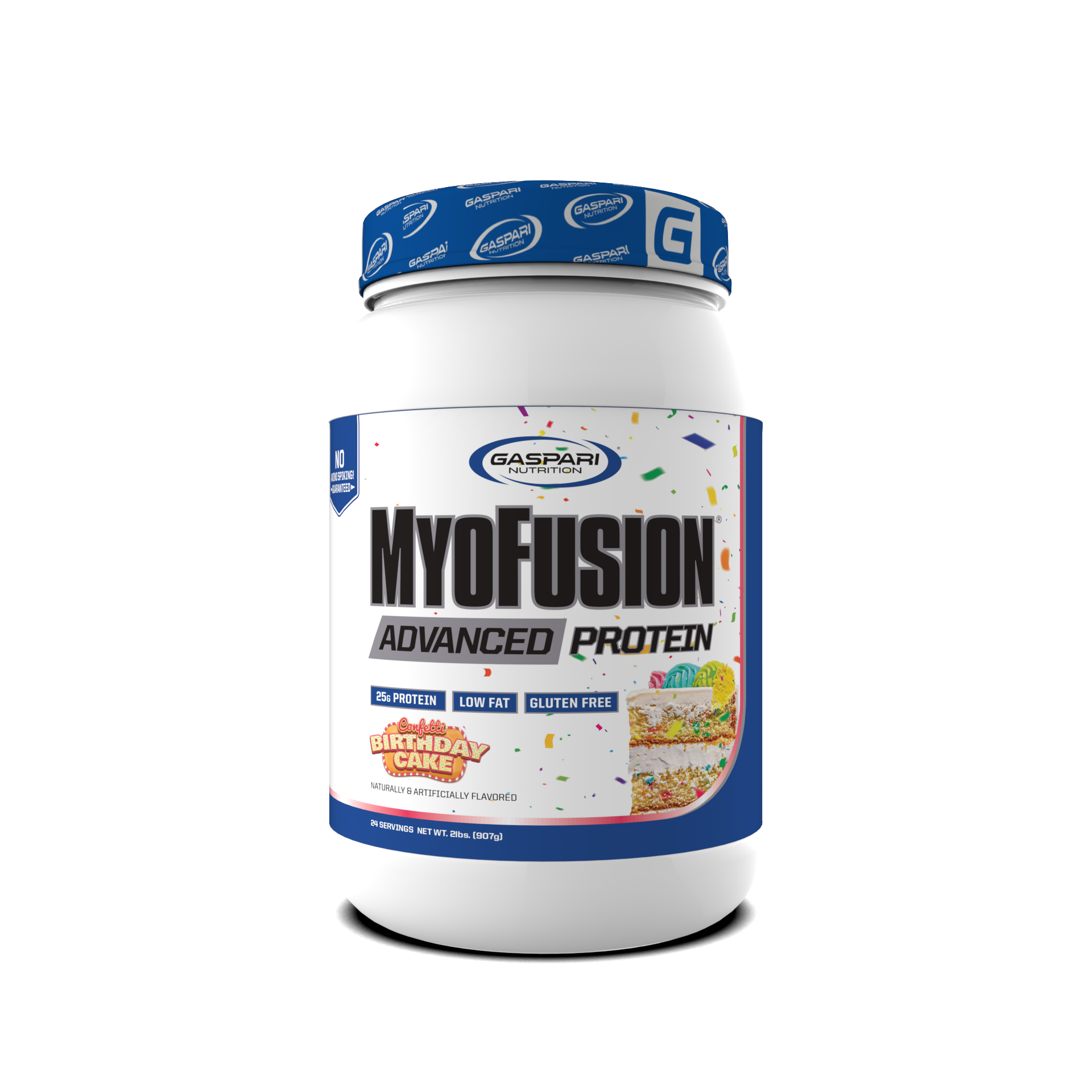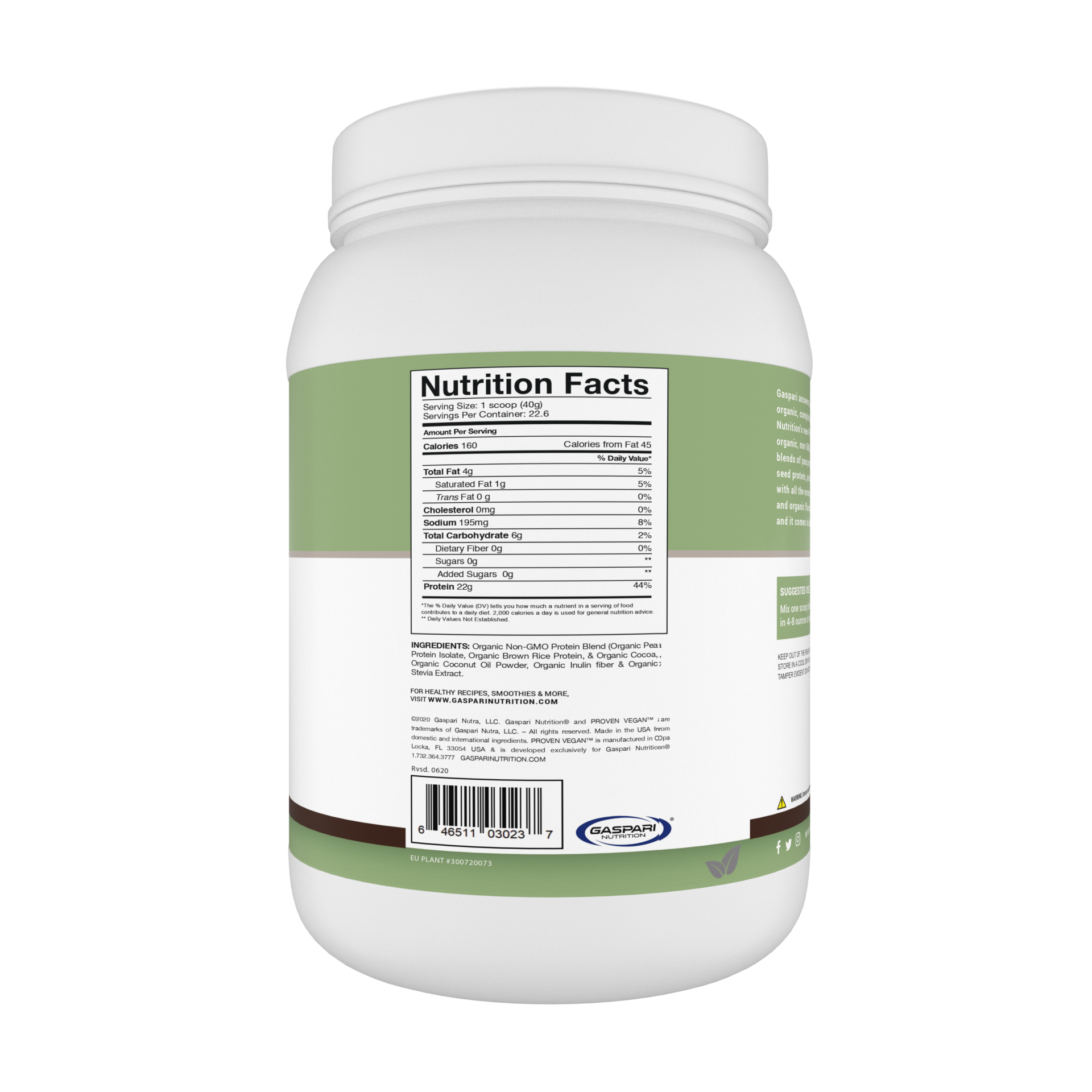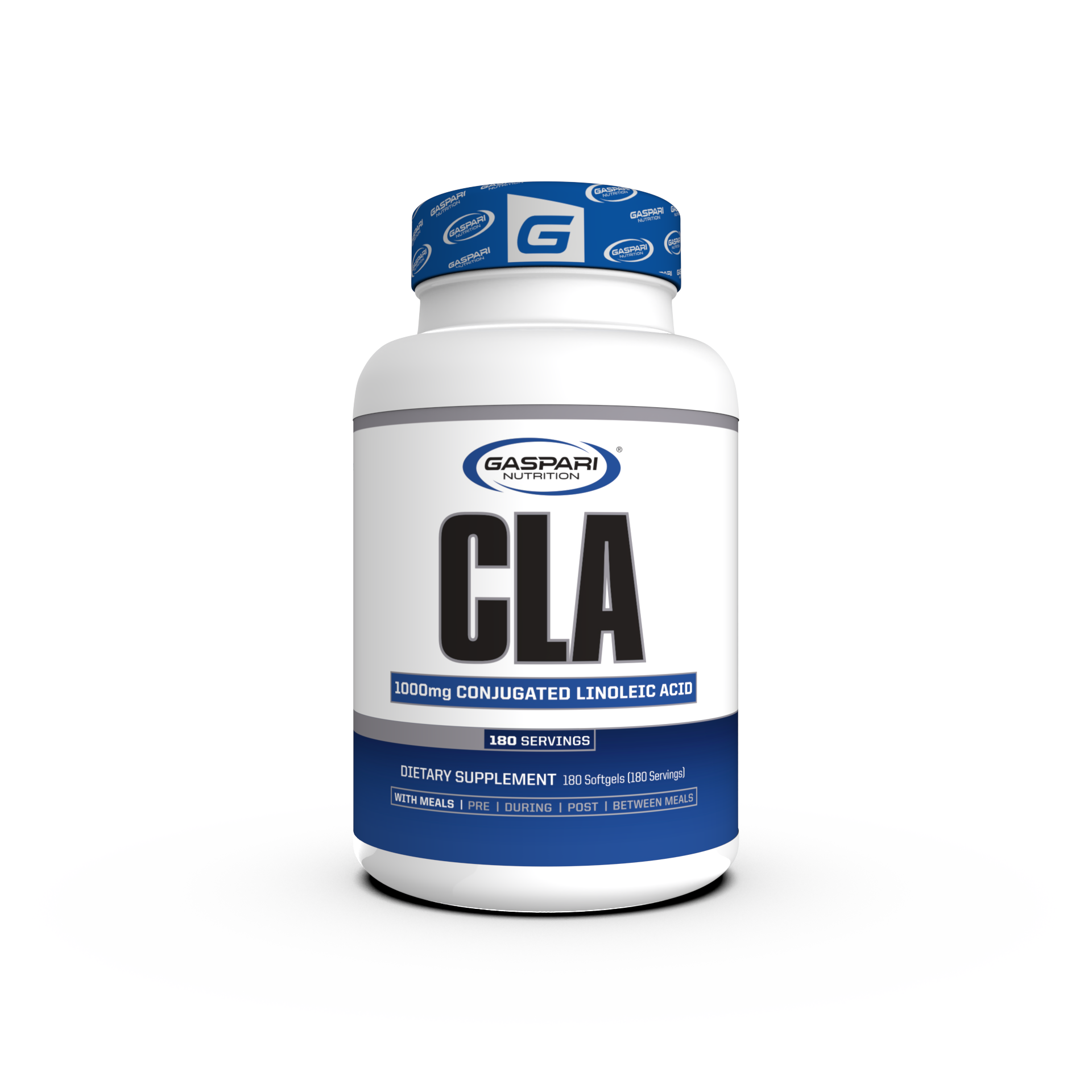Caffeine might very well be the world’s most popular drug. As a stimulant, it contributes to alertness and energy levels, but overuse can certainly bring about some negative symptoms like nervousness and irritability. Caffeine is both useful and safe under most circumstances, but anything can cause a problem if you go too far. Let’s take a look at the positives and the negatives of this ubiquitous substance, paying particular attention to its effects upon the human brain.
Positive Effects Of Caffeine on Your Brain:
There is some research to suggest that caffeine can aid the treatment of certain neurological disorders. As we said earlier, caffeine is a stimulant. As such, it stimulates both the body and the brain. When used in conjunction with other treatments, caffeine has been proven to aid those suffering from Parkinson’s disease, Huntington’s disease, epilepsy, and a host of other conditions.
Caffeine achieves this wide variety of effects by bonding with the various adenosine receptors in the brain. Since these receptors influence a wide variety of brain functions, caffeine is thus able to exert influence over many different factors. In particular, these receptors influence the ability of the body to sleep. By bonding to (and thus blocking) these receptors, caffeine wards off sleep and drowsiness.
Caffeine obviously makes you more alert. Everyone knows that, but you may not realize that this alertness contributes to memory function. In numerous studies, patients treated with a moderately high dose of caffeine were found to display greater ability for memorization.
There is also evidence to suggest that this memory enhancement is more than just a short-term effect. In this study, performed on laboratory mice with Alzheimer’s disease, each subject was given the equivalent of about five cups of coffee per day. After conducting both physiological and behavioral tests, it was found that caffeine had a protective effect on the brains of the treated mice. Not only did it help to alleviate the symptoms of Alzheimer’s, but it even helped to prevent those symptoms from returning. This effect was observed long after the effects of the drug had worn off.
Even if you are not suffering from any sort of neurological disorder, caffeine can still have beneficial effects on both short-term and long-term memory. For instance, this study shows that students retain knowledge more fully when given a post-study caffeine supplement. The effect continued to be observed for a full 24 hours.
This study might be of particular interest to those studying this particular subject. The study found that caffeine’s beneficial effects tended to plateau at about 400 mg per day, with higher doses tending to cause negative side effects. Thus, this study gives us an excellent idea of this drug’s relative safety. The verdict seems to be: safe unless used in excessive quantities.
Negative Effects Of Caffeine on Your Brain:
For all of its benefits, caffeine can also have some negative effects on the body and brain. These effects become particularly problematic for those who regularly exceed the maximum recommended dosage of 400 mg per day.
Fist, let’s talk about anxiety. Caffeine can make it difficult for people to relax, leading to a feeling of anxiety and nervousness. This feeling may or may not be accompanied by physical symptoms like twitches and tremors. In many ways, this confirms the conventional wisdom of heavy caffeine drinkers being high-strung and irritable.
However, this study on the subject gives us a little bit of relief. Researchers found that caffeine did produce an increase in symptoms of anxiety, but that effect was mostly observed in patients who already had anxiety problems at the outset. This means that the average person doesn’t have to to worry all that much.
If you have frequent problems with insomnia, caffeine is probably a drug that you should avoid. As we mentioned earlier, caffeine binds to the receptors that normally cause drowsiness and sleep. This means that the receptors are effectively blocked from bonding with anything else. This stimulant quality makes it problematic for those who suffer from sleep disorders.
This brings us to another problem. Cognitive enhancement is one of the main reasons that people drink caffeine, but research conducted on Navy SEALS puts an interesting perspective on the subject. The study found that, when combined with sleep deprivation and regular exertion, caffeine actually led to a decrease in cognitive function. Thus, we can say with some confidence that the beneficial effects of caffeine cannot substitute for a good night’s rest.
Some researchers have also questioned the ability of caffeine to affect memory in a positive way. While many have found caffeine to enhance memory, some studies have observed little to no difference. While this test did observe the same cognitive improvements that one would expect, no difference in memory was observed between two groups of test subjects.
Finally, we come to what is perhaps the biggest drawback of caffeine use. Like most drugs, caffeine does pose some risk of addiction. The good news is that caffeine addiction is nowhere near as bad as most drug addictions. It is unlikely to kill you or destroy your life, but it can lead to some unpleasant withdrawal symptoms when the drug is not available. Symptoms of caffeine withdrawal include:
- Headaches
- Fatigue
- Anxiety
- Distraction
- Depression
- Irritability
- Tremors
- Listlessness
Conclusion
When we look at the evidence, we can see good arguments for the use of caffeine. However, we can also see some very good arguments against its use. This evidence indicates that caffeine is safe under most circumstances. Further, we can assert with confidence that caffeine offers certain benefits. At the same time, those benefits come with some minor risks.
The important thing is to keep your caffeine consumption at a reasonable level. Doctors and researchers say that you can drink up to 400mg per day safely, but that dosage translates into about four cups of coffee! Clearly, most people should stay well below the limit to get the positive effects without the negative side effects. Please follow us on Facebook to read more on this and other interesting subjects.
The post How Does Caffeine Affect Your Brain? appeared first on Gaspari Nutrition.













































































Share:
What Is Humming Bee Breath?
Is Sleeping Too Much Worse Than Sleeping Too Little?